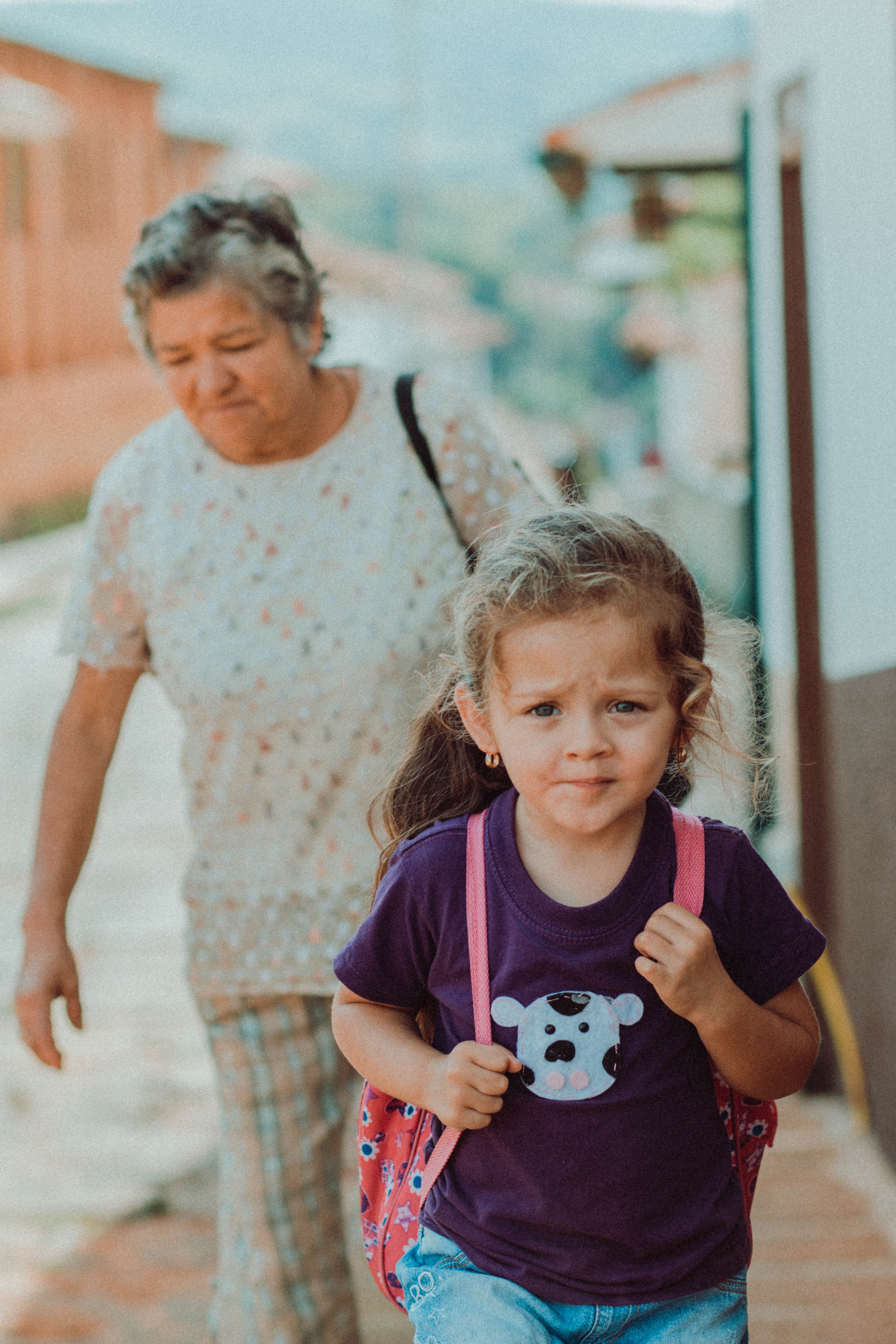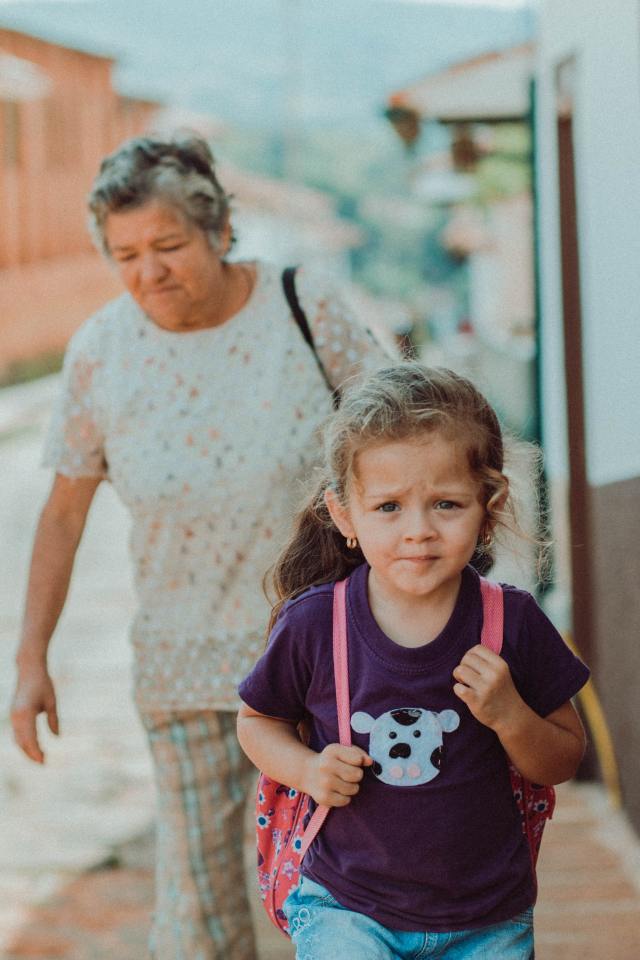
Children want to matter. They want to do the right thing. They notice far more about what is happening around them than we sometimes give them credit for. When we speak of self-esteem in children, we are not talking about encouraging entitlement or arrogance. We are talking about nurturing the kind of self-esteem that gives them the confidence to be kind and empathetic individuals. What children experience in the home, they extend to those they socialize with outside of the home… classroom, playground, the sports field, etc. Building self-esteem in young children gives them the confidence to step up to appreciate, participate and nurture kindness in their environment.
Reminding your children that even the smallest among us can make a big difference.
Children doing good deeds is one of the most heartwarming things you’ll ever see, so why not encourage your children to be that spark for the people around them? But keep in mind that children will often get cold feet when push comes to shove, so practice with them in advance of the “big day.” Do some role-playing with them, going over the different experiences they might encounter while doing their good deeds. This practice will help them to step up automatically in the future.
Be a good role model—start by displaying acts of kindness towards others.
Children model what they live and experience. It goes without saying that kindness in the home translates to kindness outside of the home. No home or family experience is perfect 100 % of the time…let’s be real, but that is the basis of a nurturing, loving, stable environment. Sometimes kids emulate their parents, and when they see you make a gesture of kindness or compassion, they themselves will become confident in expressing their own form of kindness towards others. Modeling the right attitude is very important.
Encourage responsibility.
Age-appropriate responsibility helps children build their self-worth. They begin to understand that making their bed, taking their dishes from the table after a meal, helping a younger sibling with a puzzle or homework is noticed by their caregivers and they understand that they are respected for their actions. As children get older, their responsibilities grow, of course, but gaining responsibility within the family unit correlates with growth and development.
Teach your kids to be thankful for at least one thing every day.
The oft used phrase “gratitude is attitude” holds true. There has been a great deal written about the importance of gratitude in a fulfilled life, but perhaps one of the most effective ways to help children learn to practice gratitude is for the adults in their lives to model it. If they hear the words: “thank you,” “we should be so grateful,” “count our blessings”, etc. they begin to value that sentiment and it becomes more natural for them to practice it themselves.
Find ways to involve your children in acts of charity.
We generally think of charity in terms grand gestures. We are thankful for those magnanimous actions and generosity. There are also many levels of charity that children can learn and participate in. Parents can actively seek out age-appropriate community service opportunities for their children until the kids find them for themselves whether that be through school projects or service groups. Kids can help pack up dry goods/canned food for food pantry donations, donate gently used clothing and toys for others. Seek out charities in your area that need your help. Being part of something like this will make them feel good about themselves. Self-esteem grows when children see that what they do has a positive impact on others.
Teach Self-Affirmation: Positive self-talk: Mindfulness
This is something that we work on as adults. It is a skill that we develop. Why don’t we teach children how to do this? It is critical to self-image, self-confidence, and self-esteem. That conversation that we have in our head about ourselves influences our behavior and in many ways encourages us to step up and speak up for others. In the book A Little Spark, Spark tells himself many times, “I can do more. I know I can.” This helped him believe that if given the opportunity, he would step up too. In terms of mindfulness, it’s important for kids to take time to unplug, be still, and calm their thoughts. Kids with self-esteem think good things about themselves.
Last year I had the opportunity to work with an amazing Grade 1 teacher in Dallas, Texas, to develop a pilot project using some of the lessons from “A Little Spark”. She made this observation: “I personally loved the lessons learned in the story, especially that even the smallest creature can make the biggest difference. That is especially important for children to hear because they so badly want to be seen and heard.” We need to continuously help children build the confidence needed to step up, be heard, and look for ways to be that Spark.











